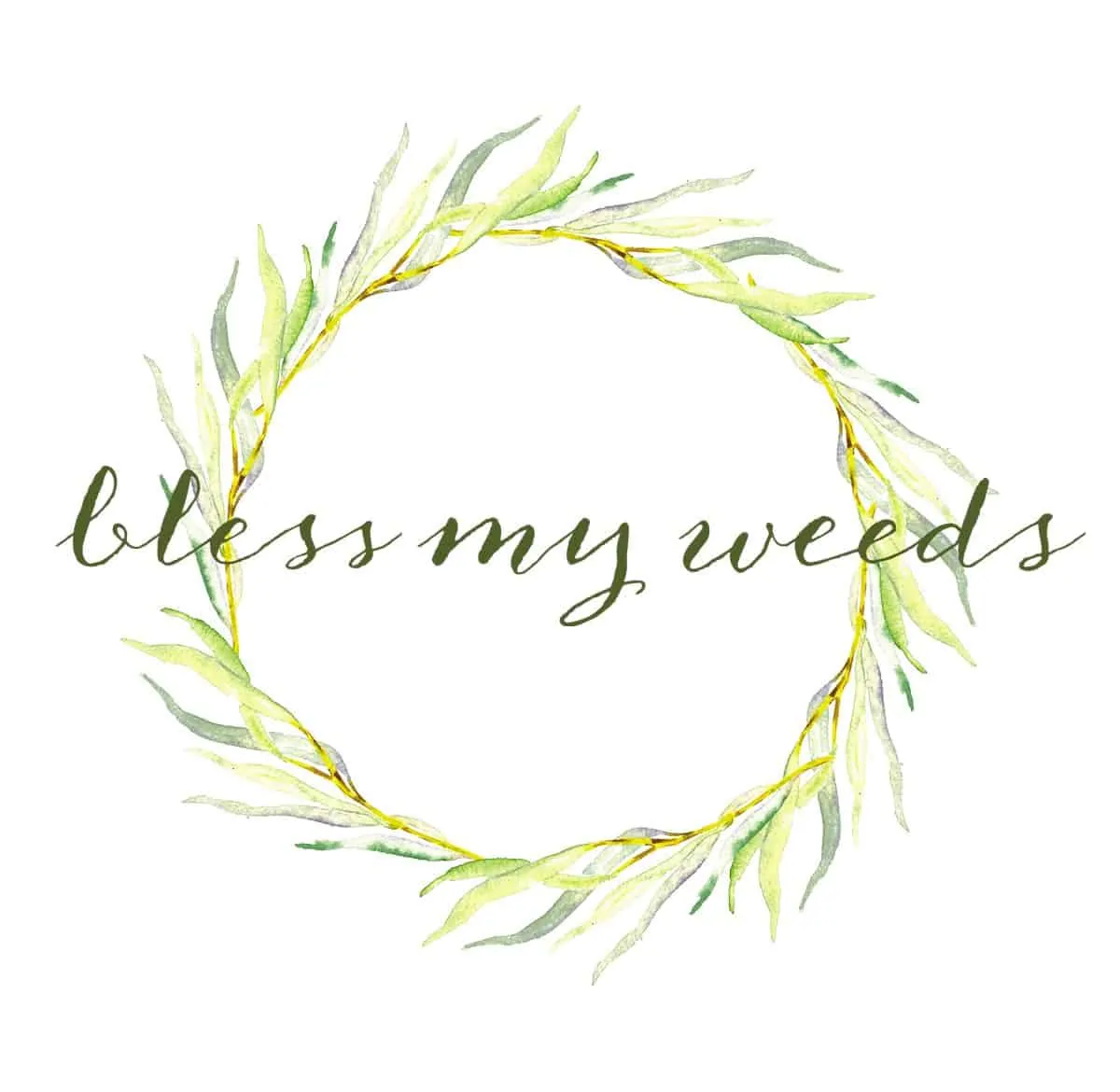
 Before you start a container garden, you need to know the soil essentials for container gardening. It’s a misconception that you can simply shovel some soil from your garden into your containers and call it good. But do you understand why that is? It’s all part of the soil essentials you need to know before you start container gardening. The right soil will make or break your container garden!
Before you start a container garden, you need to know the soil essentials for container gardening. It’s a misconception that you can simply shovel some soil from your garden into your containers and call it good. But do you understand why that is? It’s all part of the soil essentials you need to know before you start container gardening. The right soil will make or break your container garden!
Why not use garden soil for container gardening?
Garden soil, though it may be the perfect, richest soil you could ever want, isn’t quite right for container gardening. Simply put, garden soil just doesn’t give container-grown plants all the air, nutrition and moisture that they need to thrive. Potting soils are specially formulated to give potted plants everything they need–and garden soil just can’t provide it without being amended first.

Soil essentials for container gardening
Here are the essential things the soil needs for a thriving container garden:
- Potting soil that drains well, but retains moisture. This may seem contradictory, but it isn’t. You need a potting soil that allows excess water to drain away from the root system without drying out.
- Potting soil that retains moisture has organic ingredients {such as peat moss} that hang on to moisture within the soil. Organic materials inside the soil also help hold onto nutrients so that water does not wash them away before they can feed your plants.
- Perlite and vermiculite are common potting soil ingredients that are beneficial for container gardening. These are lightweight, volcanic rocks that are naturally filled with oxygen. Perlite doesn’t break down over time, but vermiculite also provides magnesium and potassium to further enrich your potting soil.
- Look for a potting soil that also contains some lime to counteract the acidity of the peat moss.

Can you mix your own potting soil?
Absolutely–you can mix your own potting soil right at home. Start with your own garden soil, then add the organic materials such as peat moss, plus perlite or vermiculite discussed earlier, and compost. Don’t forget a little lime to lessen acidity. And don’t hesitate to get advice from a master gardener in your area. This will give you a great start!

Leave a Reply